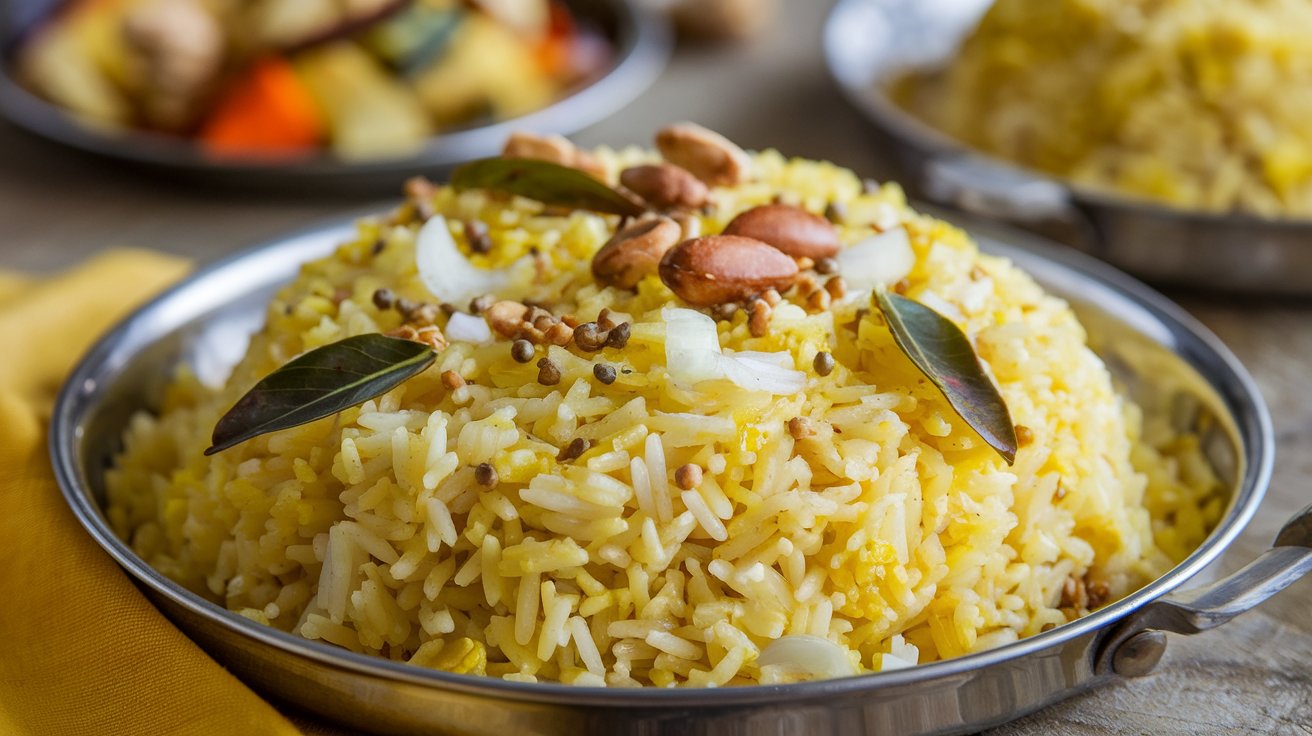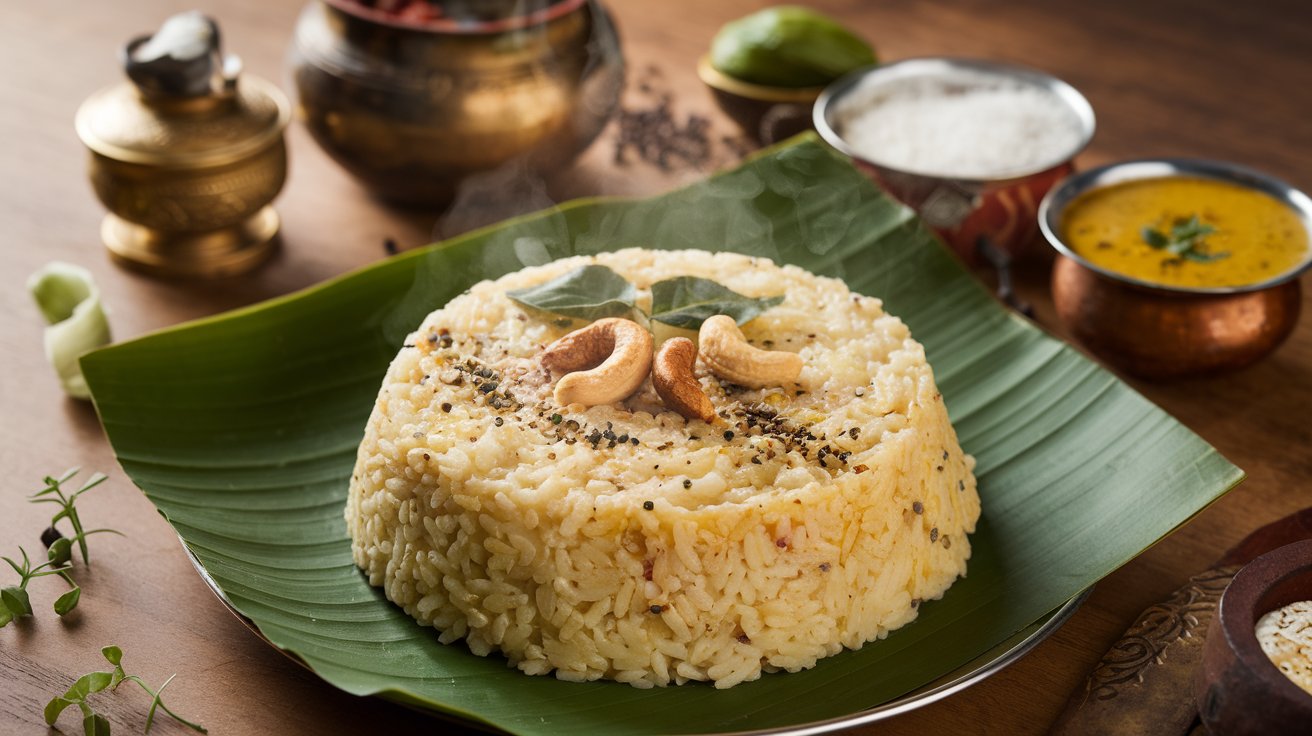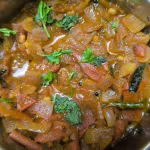

Join the Newsletter
Dive into quick, nutritious recipes, expert health tips, local food finds, and the latest in nutrition. Let’s explore healthier living together!
Unlock Nutritional Benefits: Essential Examples of Foods with Minerals
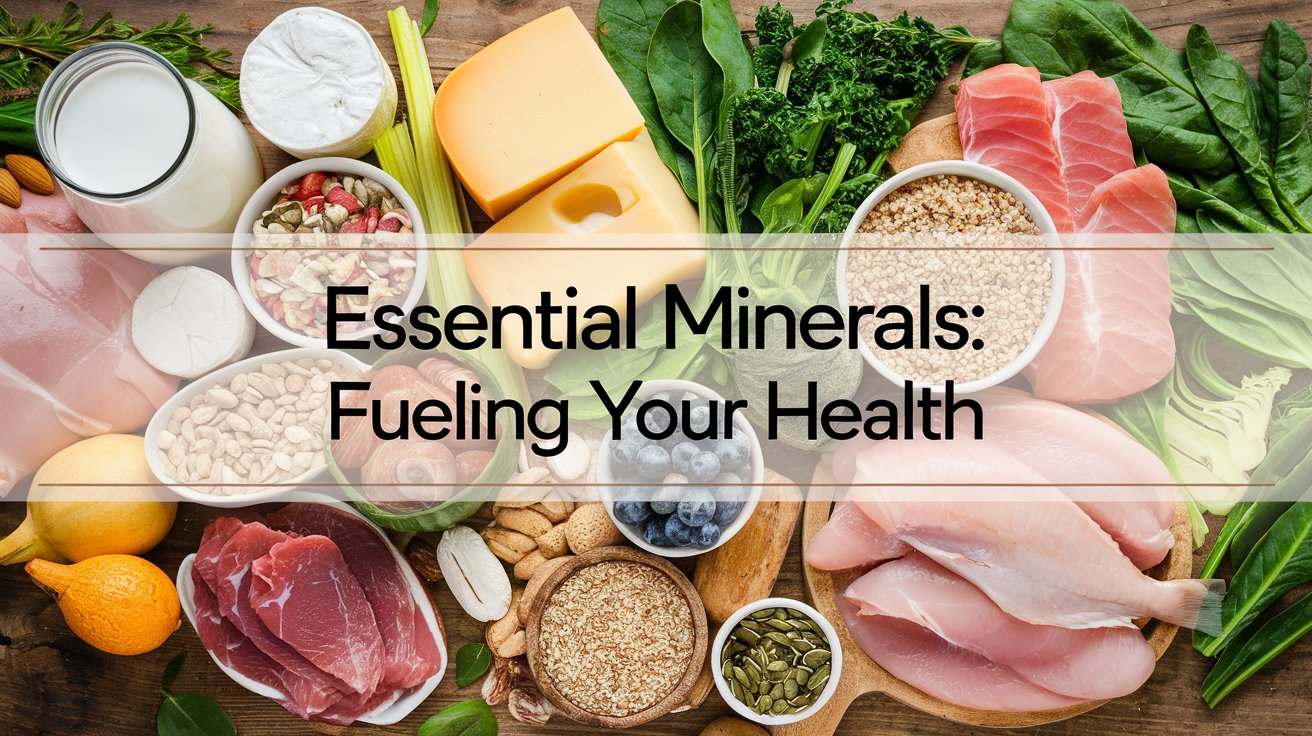
Affiliate Disclosure
Before reading this post, please be aware that some links in this article are affiliate links. This means that if you click on one of these links and make a purchase, we may earn a commission at no additional cost to you. We only promote products and services that we believe will be beneficial to our readers.
For more information, please read our full Affiliate Disclosure.
No products found.
Incorporating examples of foods with minerals is crucial for a balanced and healthy diet. Minerals like calcium, iron, magnesium, and zinc play important roles in maintaining bone health, supporting immune function, and other vital processes. While vitamins often get the spotlight, minerals are equally essential for overall health. In this guide, we will explore examples of foods with minerals, their importance, and how to include them in your diet.
What are Minerals? & Examples of Foods with Minerals
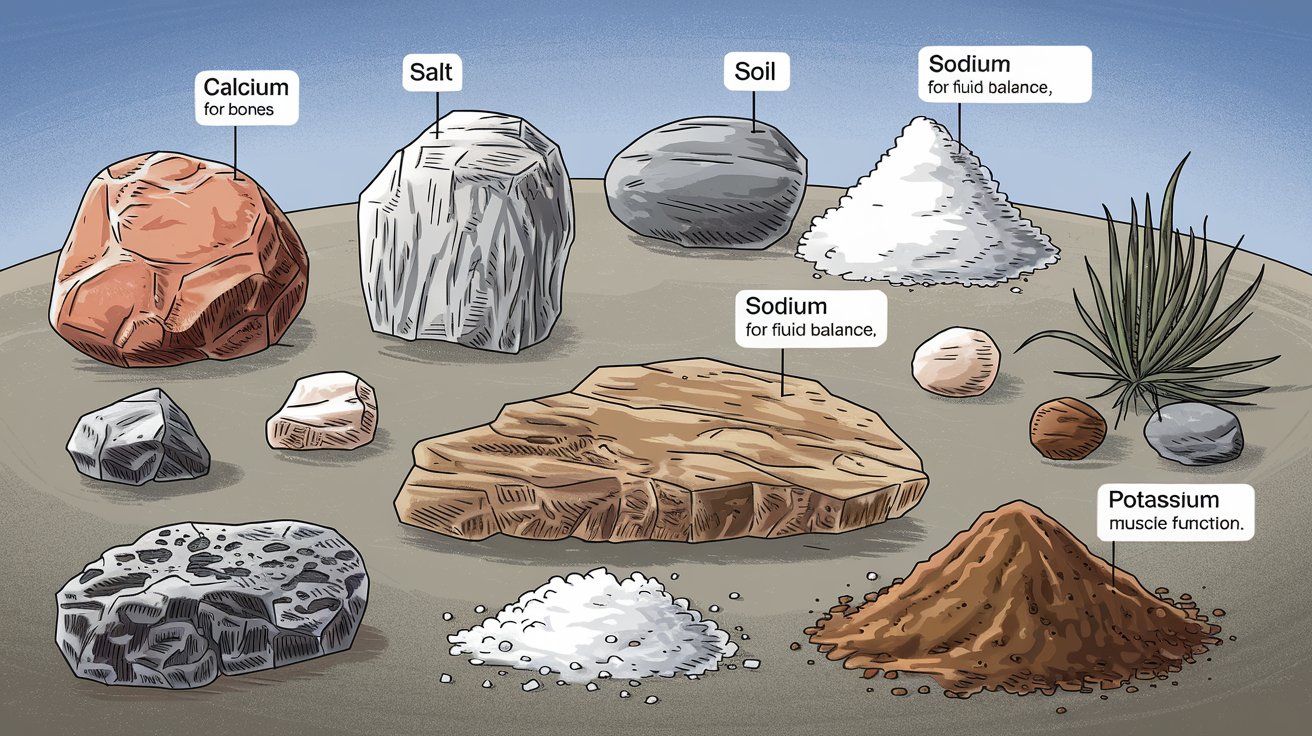
Minerals are inorganic elements that originate from the earth, vital for various physiological processes. They can be divided into two distinct groups.:
- Macro minerals: Needed in larger amounts, including calcium, potassium, phosphorus, magnesium, and sodium.
- Trace minerals are essential nutrients required in minimal quantities, yet they play a vital role. Examples include iron, zinc, iodine, selenium, and copper.
Each mineral plays specific roles in the body, such as strengthening bones, balancing fluids, ensuring proper nerve function, and aiding oxygen transport. To support your body’s needs, understanding examples of foods with minerals is essential.
Why Do We Need Minerals? & Examples of foods with minerals
Minerals are crucial for numerous physiological processes, including:
- Bone and teeth health: Calcium and phosphorus are necessary for strong bones and teeth.
- Muscle function: Magnesium, potassium, and calcium control muscle contractions.
- Nerve function: Sodium and potassium ensure effective brain-muscle communication.
- Oxygen transport: Iron is key in hemoglobin production, carrying oxygen in the blood.
- Immune support: Zinc, selenium, and copper strengthen immune functions.
Macro Minerals and Their Sources
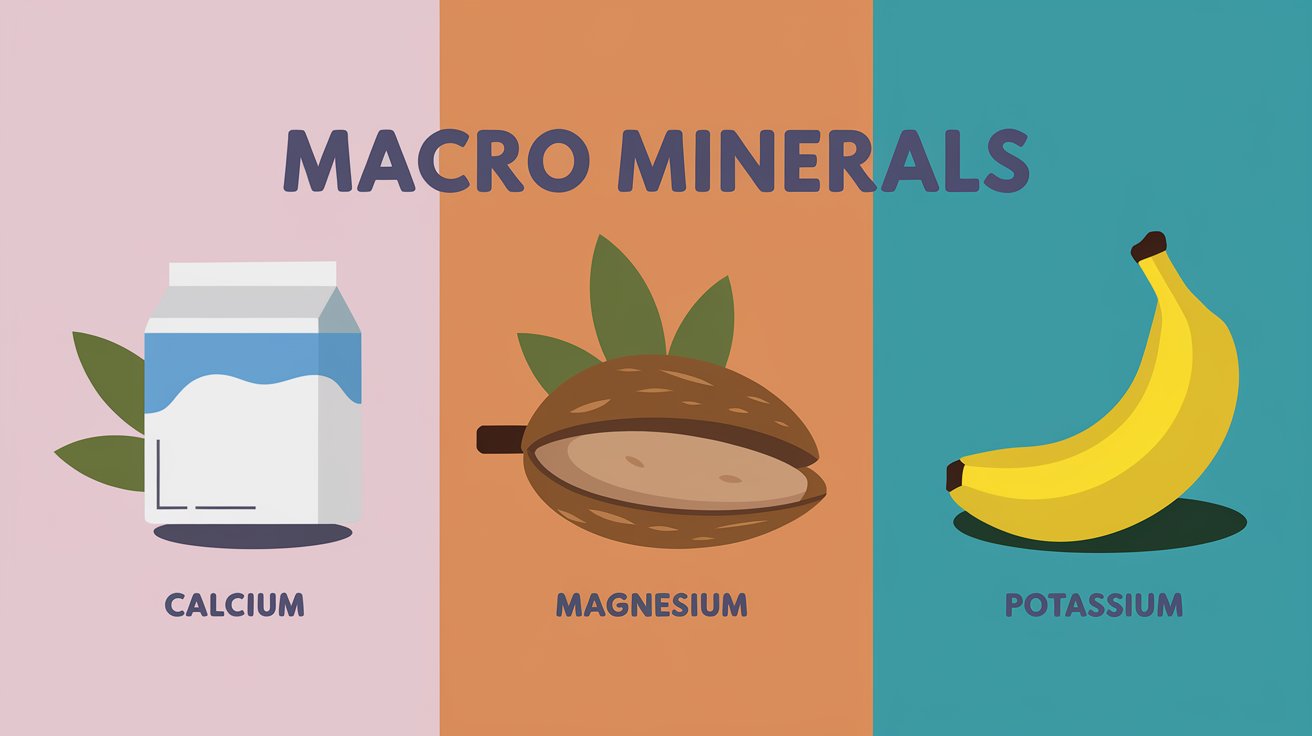
1. Calcium-Rich Foods
Calcium is critical for building and maintaining bones and teeth. It also aids in muscle contraction and nerve function. Examples of foods with minerals rich in calcium include:
- Dairy products: Milk, cheese, and yogurt.
- Leafy greens: Spinach, kale, and broccoli.
- Fortified foods: Plant-based milks and juices with added calcium.
2. Magnesium-Rich Foods
Magnesium aids in muscle performance, promotes nerve wellness, and facilitates energy generation. Examples of foods with minerals rich in magnesium are:
- Whole grains: Brown rice, quinoa, and whole wheat bread.
- Nuts and seeds include varieties like almonds, cashews, and chia seeds.
- Dark chocolate: A surprising yet delicious source of magnesium.
No products found.
3. Potassium-Rich Foods
Potassium maintains fluid balance and supports heart health. Examples of foods with minerals high in potassium include:
- Bananas: A widely known potassium source.
- Sweet potatoes: Rich in potassium, fiber, and vitamins.
- Spinach and tomatoes: Excellent vegetable-based sources.
4. Phosphorus-Rich Foods
Phosphorus is essential for bone health and energy production. Examples of foods with minerals rich in phosphorus include:
- Protein-rich foods: Meat, poultry, and fish.
- Dairy products: Milk, yogurt, and cheese.
- Nuts and seeds: Almonds, flaxseeds, and sunflower seeds.
Examples of foods with Trace Minerals and Their Sources
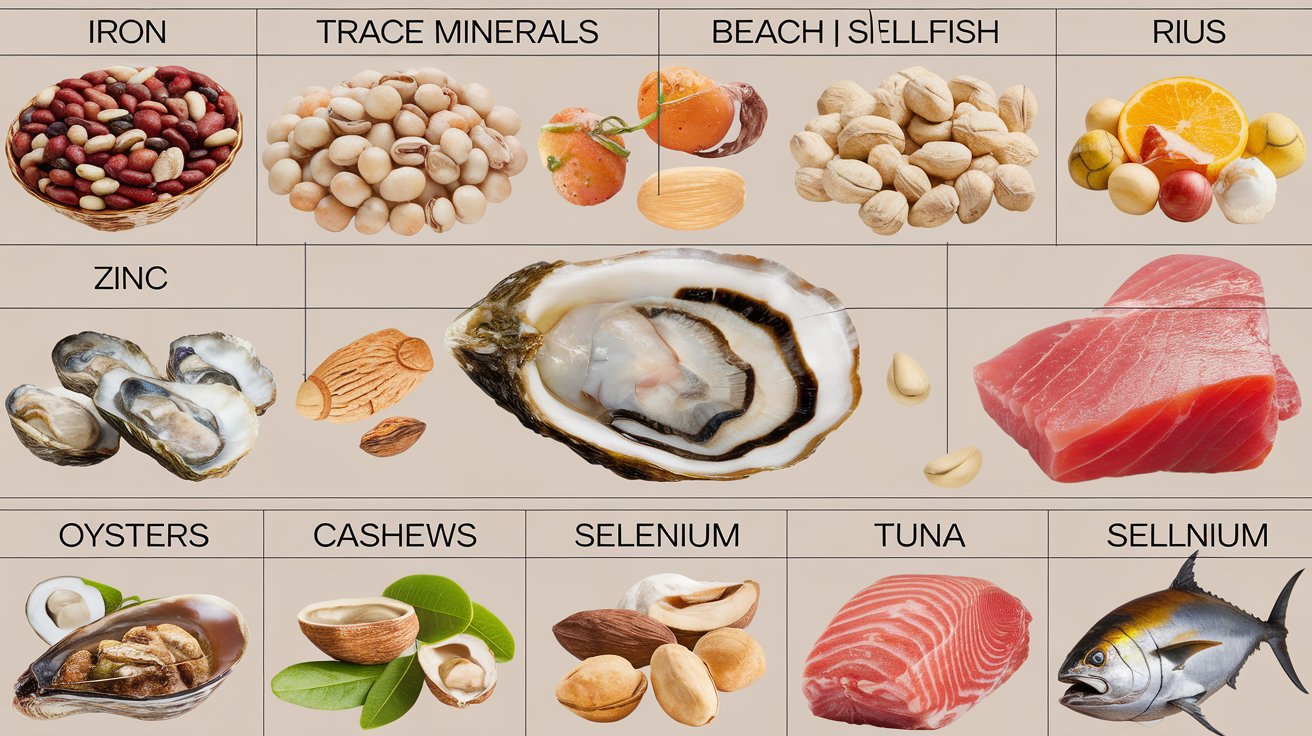
1. Iron-Rich Foods
Iron helps transport oxygen in the blood. Examples of foods with minerals rich in iron are:
- Red meat: A prime source of easily absorbed heme iron.
- Beans and lentils: Excellent plant-based options.
- Dark leafy greens: Spinach and kale offer both iron and other key nutrients.
2. Zinc-Rich Foods
Zinc supports immune function and wound healing. Examples of foods with minerals rich in zinc include:
- Meat and shellfish: Beef, pork, and oysters.
- Legumes: Lentils, chickpeas, and beans.
- Seeds and nuts: Pumpkin seeds and cashews.
3. Selenium-Rich Foods
Selenium has antioxidant properties and supports thyroid function. Examples of foods with minerals rich in selenium are:
- Brazil nuts: One or two can meet your daily selenium needs.
- Fish: Tuna and sardines are excellent sources.
- Eggs: Convenient and versatile selenium-rich options.
How to Incorporate Mineral-Rich Foods
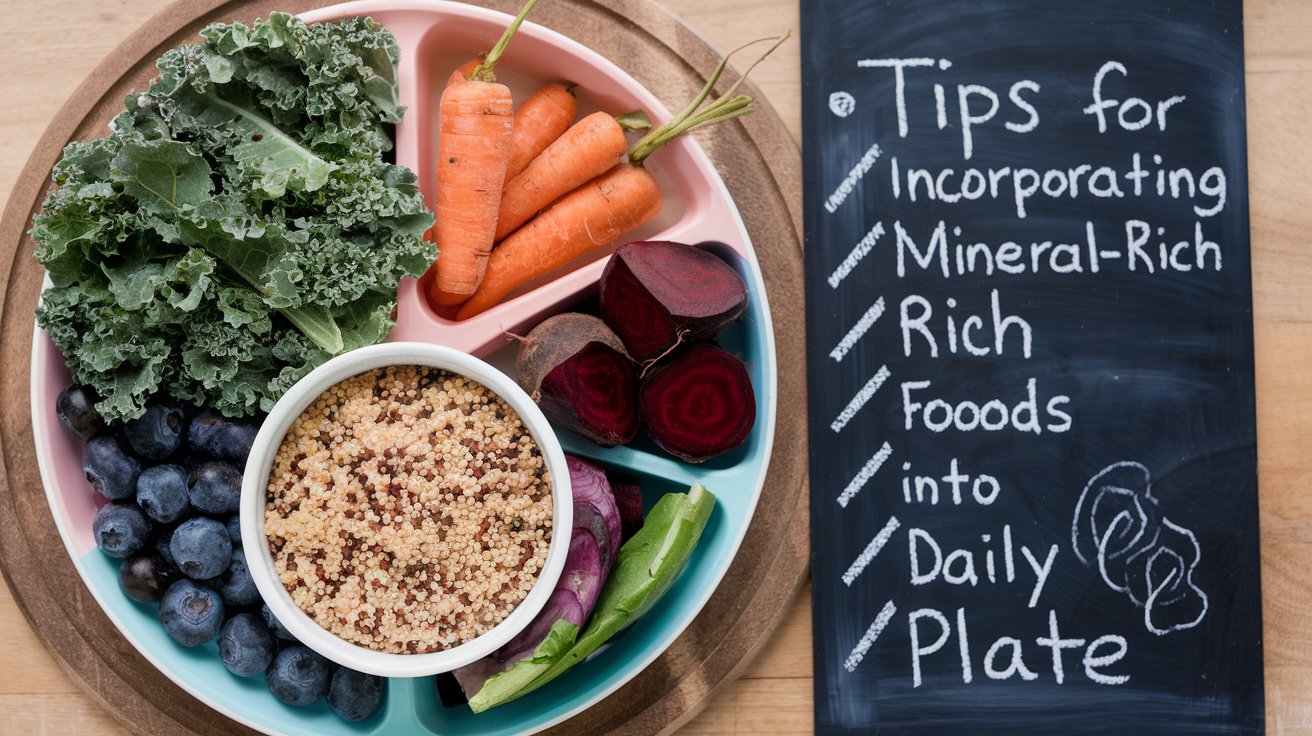
To ensure you’re consuming sufficient minerals, it’s important to diversify your diet. Here are tips to include examples of foods with minerals:
- Mix protein sources: Combine plant-based and animal-based proteins.
- Focus on whole grains: Whole grains provide magnesium, iron, and zinc.
- Add leafy greens: Spinach, kale, and arugula are mineral-rich options.
- Choose healthy snacks: Nuts and seeds deliver magnesium and zinc.
Common Misconceptions About Mineral Intake
There are common misunderstandings about mineral consumption:
- Myth: You can meet your mineral needs from supplements alone.
- Fact: Whole foods provide additional nutrients, such as fiber and antioxidants.
- Myth: All mineral sources are the same, whether from supplements or food.
- Fact: Minerals are more bioavailable in food than in supplements.
Practical Tips for Including Mineral-Rich Foods in Your Daily Diet
To effectively integrate examples of foods with minerals into your meals, consider these practical tips:
- Plan Your Meals: Start your week by planning meals that include a variety of mineral-rich foods. Incorporate different protein sources, grains, and vegetables to cover a broad spectrum of minerals. For instance, a stir-fry with tofu, broccoli, and brown rice can provide calcium, magnesium, and potassium.
- Make Smoothies: Smoothies are a delicious way to consume multiple minerals at once. Combine spinach (rich in iron and magnesium), bananas (high in potassium), and a scoop of yogurt (calcium source) for a nutrient-packed drink.
- Snack Wisely: Opt for snacks that provide mineral benefits. Instead of chips or sweets, choose trail mix with nuts and seeds, which are packed with magnesium and zinc. Alternatively, consider hummus with carrot sticks for a healthy, mineral-rich option.
- Explore New Recipes: Try new recipes that emphasize whole grains and legumes. Quinoa salad with black beans, diced bell peppers, and avocado is not only tasty but also full of magnesium, potassium, and healthy fats.
The Role of Cooking Methods
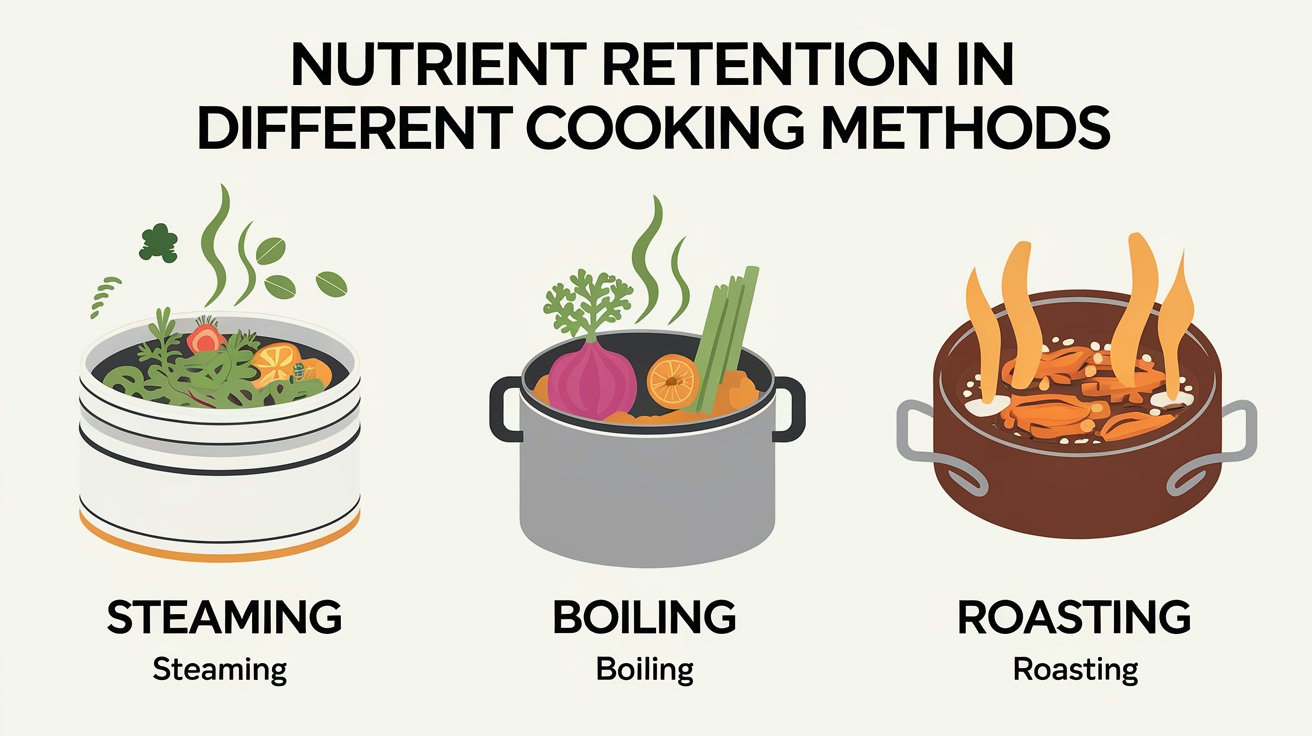
The way you prepare food can also impact the mineral content:
- Steaming vs. Boiling: Steaming vegetables can help retain more minerals compared to boiling, which may lead to mineral loss in the water.
- Soaking and Sprouting: Soaking beans and grains can improve the bioavailability of minerals like zinc and iron. Sprouting can also enhance nutrient absorption.
- Minimize Processed Foods: Processed foods often lack essential minerals and can contain added sodium. Focus on whole, unprocessed foods to maximize your mineral intake.
Monitoring Your Mineral Intake
- Track Your Diet: Keeping a food diary can help you monitor your intake of mineral-rich foods. Apps or websites can assist in tracking daily nutritional intake.
- Consult a Professional: If you suspect a mineral deficiency or have specific dietary concerns, consult a registered dietitian or nutritionist. They can provide personalized guidance based on your dietary needs.
- Regular Health Check-ups: Regular health check-ups can help identify any mineral deficiencies. Blood tests can provide insight into levels of specific minerals like iron and calcium.
Final Thoughts on examples of foods with minerals
Understanding the importance of examples of foods with minerals and how to include them in your diet can significantly impact your overall health. By being proactive and intentional about your food choices, you can nourish your body with the minerals it needs to function optimally.
Incorporate a variety of foods, experiment with new recipes, and remember that balance and variety are key. With a little planning and creativity, you can enjoy a diet that supports not only your health but also your taste buds. Embrace the journey of exploring nutrient-rich foods, and you’ll feel the benefits in no time!
Conclusion: The Importance of Examples of Foods with Minerals
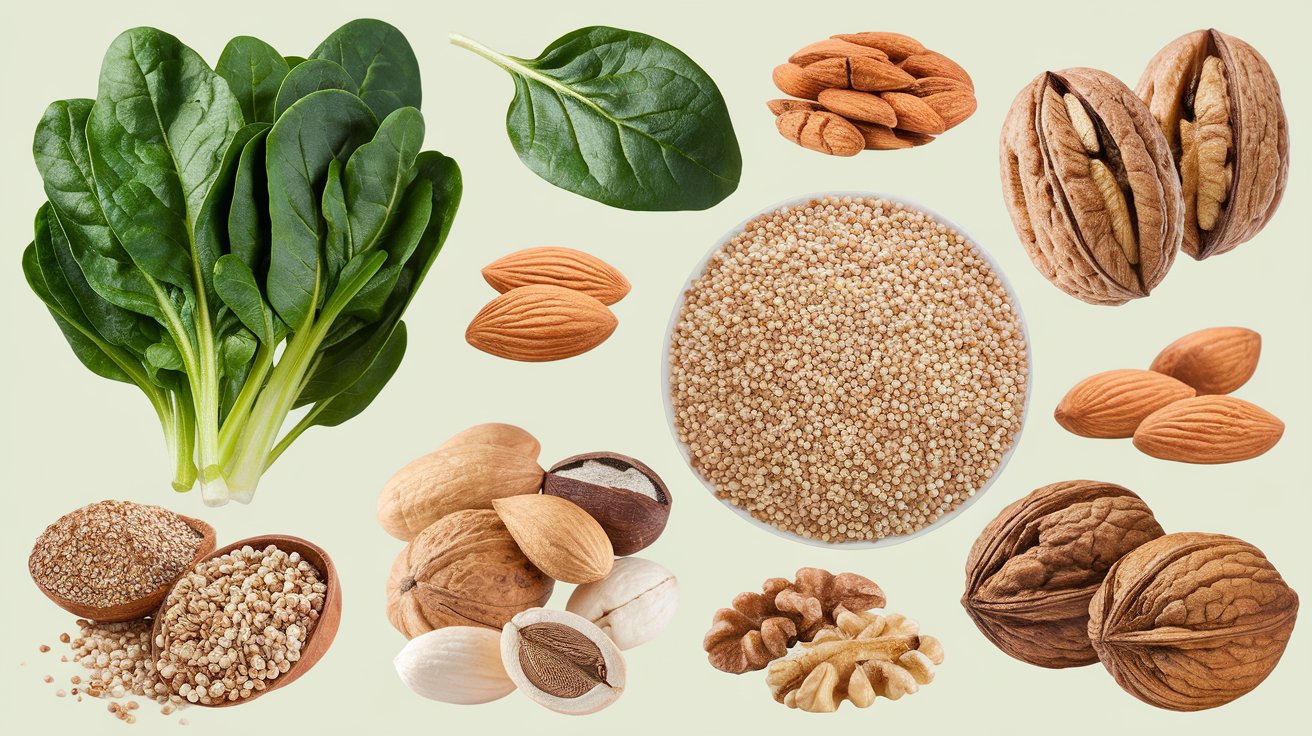
Incorporating examples of foods with minerals into your diet is essential for maintaining good health. From supporting bone structure with calcium-rich foods to boosting your immune system with zinc, minerals are critical for numerous bodily functions. Focus on whole food sources like dairy, grains, legumes, nuts, and leafy greens to ensure a variety of nutrients. By understanding the specific roles of each mineral and where to find them, you can better support your health and well-being.
A diet rich in examples of foods with minerals provides a natural and effective way to meet your body’s needs. With a balanced approach, you’ll not only maintain your health but also reduce the risk of deficiencies or overconsumption.
Read related articles
Fuel Your Body: Best Multivitamins Food for Active Living
Frequently Asked Questions About Mineral-Rich Foods
- What are the best examples of foods with minerals?
- Whole foods like fruits, vegetables, lean meats, and grains are the best sources. Dairy is rich in calcium, red meat is a good source of iron, and nuts provide magnesium. Diversifying your diet ensures you get a range of essential minerals.
- How much of each mineral do I need daily?
- The daily requirement varies for each mineral. For example, adults need about 1,000 mg of calcium, while iron requirements range from 8 to 18 mg depending on age and gender. Knowing the right examples of foods with minerals can help you meet these needs.
- Can I get all the minerals I need from a plant-based diet?
- Yes, with careful planning, a plant-based diet can provide all the essential minerals. Plant-based examples of foods with minerals like lentils, beans, leafy greens, and fortified products can meet your needs, although some minerals like iron and zinc may be less bioavailable.
- What are the signs of mineral deficiency?
- Symptoms of mineral deficiency include fatigue, muscle cramps, bone pain, and weakness. For instance, iron deficiency can cause anemia, while calcium deficiency may result in bone loss.
- Are mineral supplements necessary?
- For most people, a balanced diet is sufficient to meet mineral needs. However, supplements might be necessary for individuals with dietary restrictions, certain health conditions, or deficiencies. It’s better to focus on whole food examples of foods with minerals before relying on supplements.
- Can I overconsume certain minerals?
- Yes, overconsumption, especially through supplements, can lead to toxicity. For instance, too much sodium can cause high blood pressure, and excess iron may harm organs. Stick to whole food sources, which naturally regulate intake.
No products found.
Explore more articles
16 Foods Rich in Minerals

Welcome to Merge Blog!
Dive into quick, nutritious recipes, expert health tips, local food finds, and the latest in nutrition. Let’s explore healthier living together!

I’m Divya Bharathi, the person behind MergeBlog. I’m a passionate food enthusiast sharing simple, nutritious recipes and tips for a balanced lifestyle. Join me on this delicious journey!
Divya Bharathi
SUBSCRIBE & FOLLOW
MUST-READ ARTICLES
Join the Newsletter
Dive into quick, nutritious recipes, expert health tips, local food finds, and the latest in nutrition. Let’s explore healthier living together!
